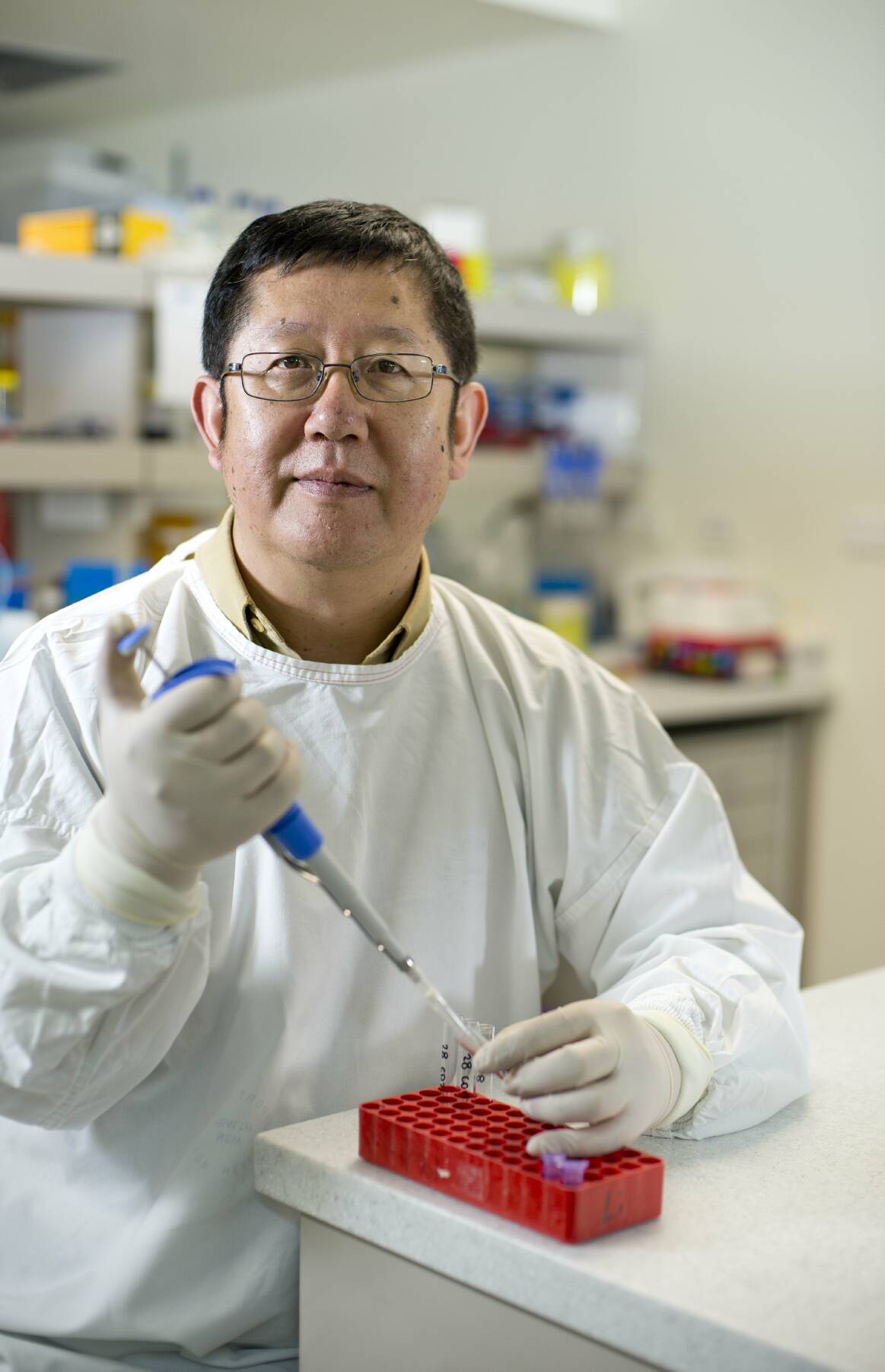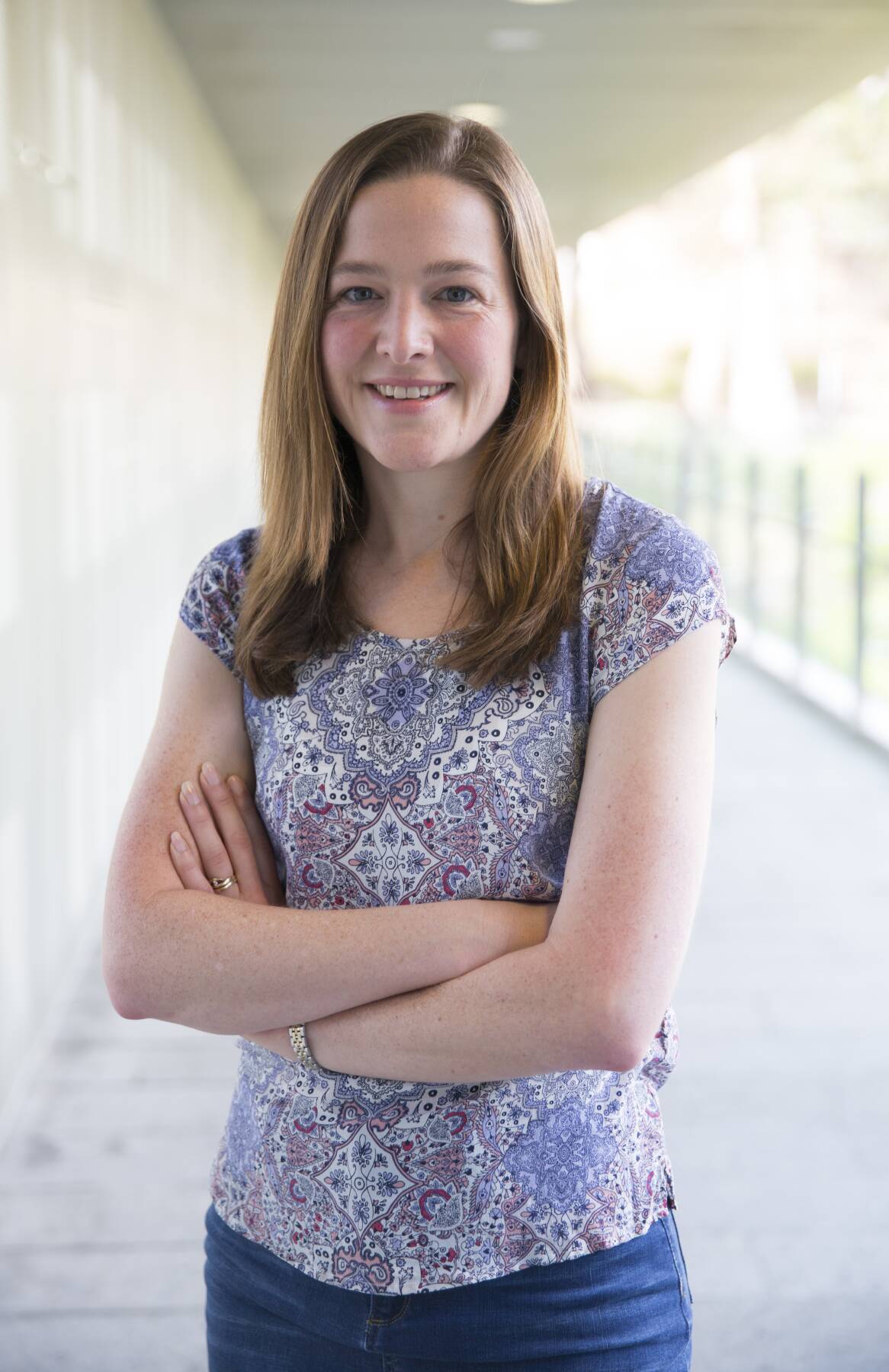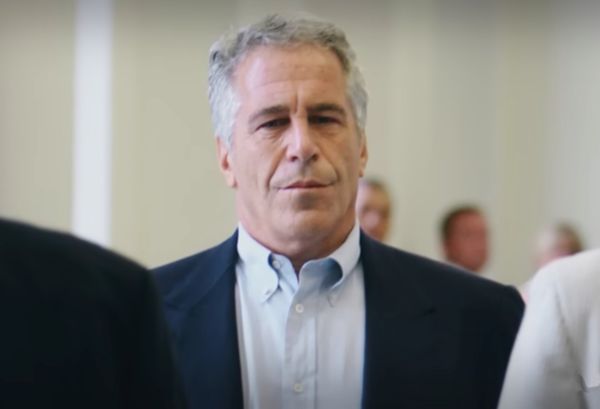
THE WORK of two researchers at the University of Newcastle (UON) could help millions of people around the world touched by one of the most insidious diseases - cancer.
Awarded $3.9 million in National Health and Medical Research Council Investigator grants, professor Xu Dong Zhang and doctor Heather Lee will lead separate projects; one to uncover new biomarkers for early cancer diagnosis and the other to identify the forces that drive cancer recurrence.
Dr Lee said a lot of research is focused on developing drugs to treat cancer once it has reoccurred, whereas for her the ideal solution is to stop it from happening in the first place.
"To me it's just terrible to see there are these conditions we still don't have effective treatments for," she said.
"If we could give patients a treatment that would give them the confidence we can eliminate recurrence, it will let them live without the constant fear of cancer coming back."
Her team will look inside individual cancer cells to try to understand what role each different cell plays.
She said different cells have different capabilities, or "tricks", and the chances are that with any treatment one of those cells can either escape or survive it.
"We really need that foundational understanding before we can find the next breakthrough treatment," she said.
"This foundational research is so important to the next game-changing treatment in cancer."

UON Research and Innovation deputy vice-chancellor professor Zee Upton said the projects will contribute to better health outcomes around the world.
"Both researchers will undertake crucial research, offering new hope for a world without cancer," she said.
Professor Zhang will explore how molecules influence cancer initiation, progression and treatment to uncover biomarkers for early diagnosis with his $2.3 million in funding.
He wants to develop low-cost, easy to use kits for people in rural and remote areas to help diagnose cancer in its early stages.
"People all over the world have tried to look for normal biomarkers which can help early diagnosis - we aim at a new class of molecules which were previously thought to be junk or not functional in cancer cells, but now people realise they play big roles in cancer development and progression," he said.
HMRI director professor Frances Kay-Lambkin said the grant enables researchers to build teams around their innovative ideas and gives them the resources to turn them into health benefits.
She said it allows HMRI to keep researchers like Mr Zhang and Dr Lee in the Hunter.
WHAT DO YOU THINK? We've made it a whole lot easier for you to have your say. Our new comment platform requires only one log-in to access articles and to join the discussion on the Newcastle Herald website. Find out how to register so you can enjoy civil, friendly and engaging discussions. Sign up for a subscription here.







